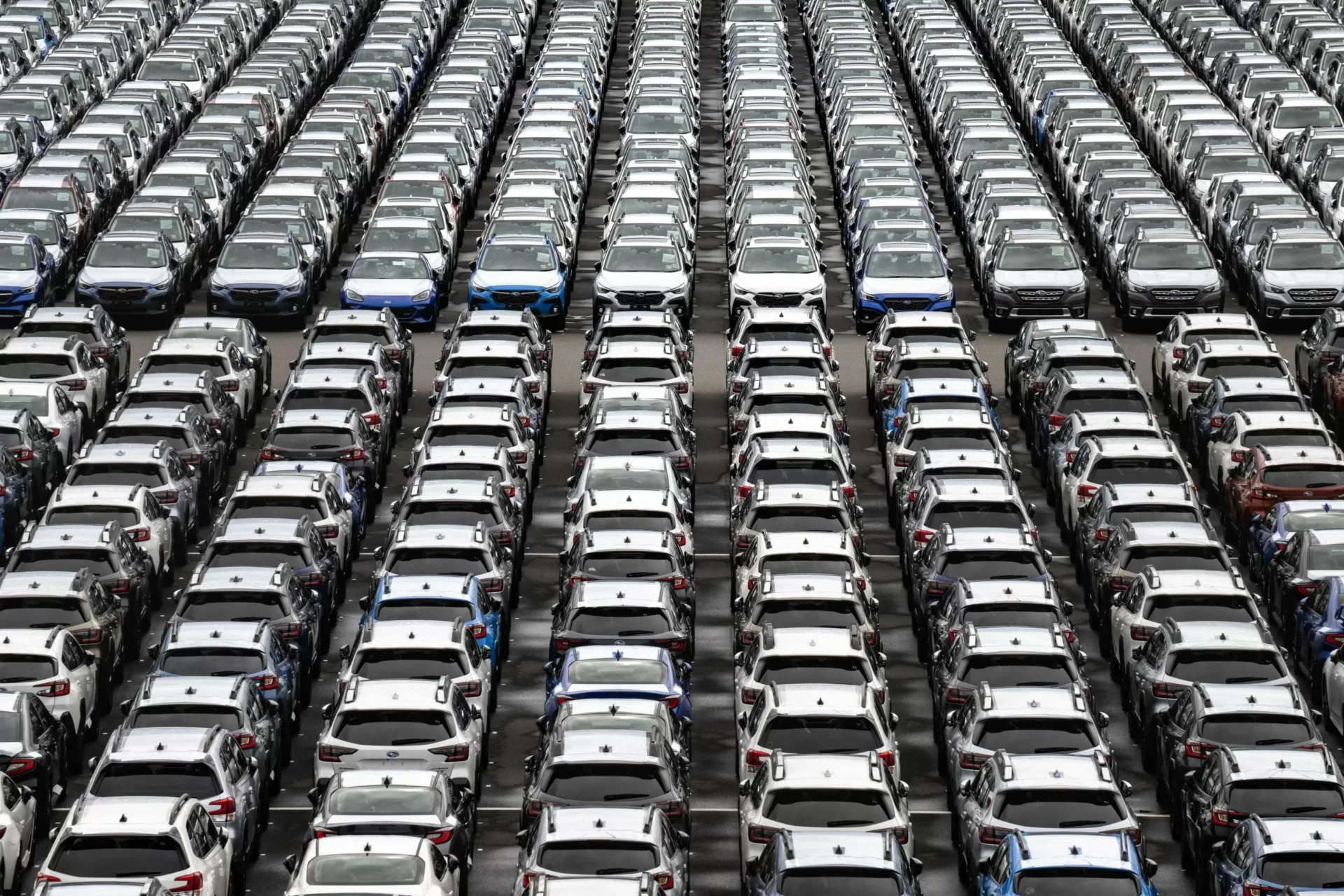The United States is once again taking a firm stance on trade, as President Donald Trump’s latest move targets the auto industry. A recent Reuters analysis has revealed that the new 25% auto tariffs proposed by the Trump administration will cover imports of vehicles and auto parts worth more than $460 billion annually. This move is a part of Trump’s ongoing efforts to protect American jobs and industries from what he deems as unfair trade practices.
The proposed auto tariffs have been met with mixed reactions, with some experts predicting a negative impact on the global economy. However, supporters of the move believe that this step is necessary to level the playing field and promote American competitiveness in the auto industry.
Under the proposed tariffs, all imported cars, trucks, and parts will be subject to a 25% tax. This includes vehicles from major automobile producers such as Japan, Germany, and South Korea. The move is expected to have a significant impact on the U.S. economy, as the auto industry is a major contributor, accounting for nearly 3.5% of the country’s gross domestic product (GDP).
The decision to impose auto tariffs has been met with some resistance, as many fear that it will lead to a trade war and disrupt global supply chains. However, President Trump has defended his decision, stating that the U.S. is at a disadvantage when it comes to trade with other countries. He believes that the new tariffs will bring back jobs to the U.S. and help reduce the trade deficit.
The new auto tariffs have been a contentious issue, with many arguing that it could have a negative impact on the U.S. economy. The auto industry has also expressed concerns, with major car manufacturers stating that it could lead to higher prices for consumers and result in job cuts.
On the other hand, supporters of the move believe that it will promote domestic production and create more job opportunities for American workers. They argue that the auto industry is already heavily subsidized in other countries, giving them an unfair advantage in the global market. By imposing tariffs, the U.S. government aims to protect American industries and workers from being outcompeted by cheaper imports.
In addition to boosting the American auto industry, the proposed tariffs are also expected to have a positive impact on other industries such as steel and aluminum. This is because these materials are essential for car manufacturing, and increased domestic production will lead to a rise in demand for these products.
The proposed tariffs have also received support from some labor unions, who believe it will protect American jobs and ensure fair wages for workers. They argue that the U.S. has been losing jobs to other countries due to unfair trade practices, and the new tariffs will provide a much-needed boost to the local economy.
Despite the criticism and concerns, President Trump remains steadfast in his decision to impose auto tariffs. He believes that it is crucial to safeguard American industries and jobs, and this move is a step in the right direction.
In conclusion, the proposed 25% auto tariffs by the Trump administration are a bold move to level the playing field in the global auto industry. While there are concerns about the potential negative impact on the economy, supporters of the move argue that it is necessary to promote American competitiveness and protect domestic industries. Only time will tell the true impact of the tariffs, but for now, it is a clear message that the U.S. will not back down when it comes to protecting its interests on the global stage.

